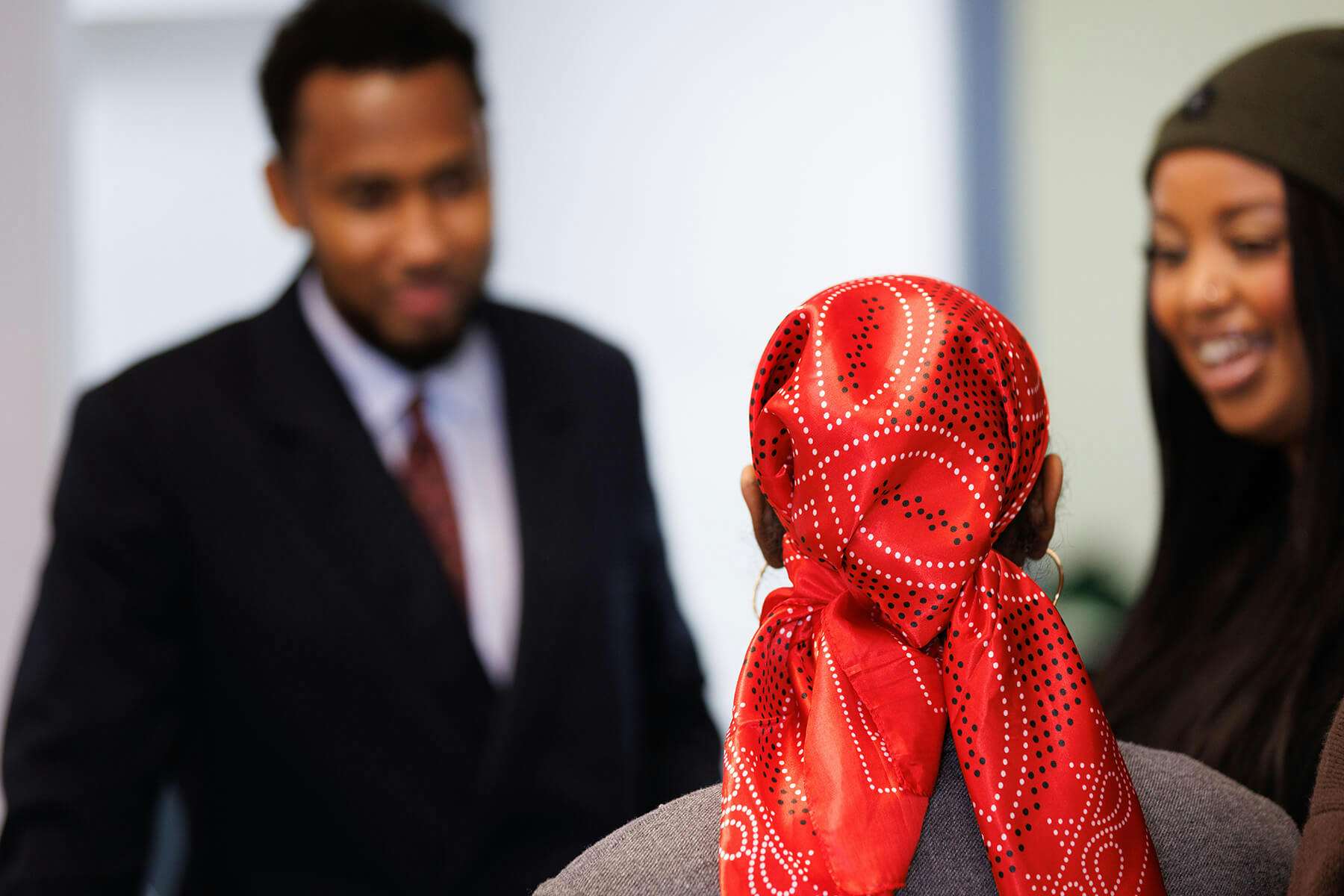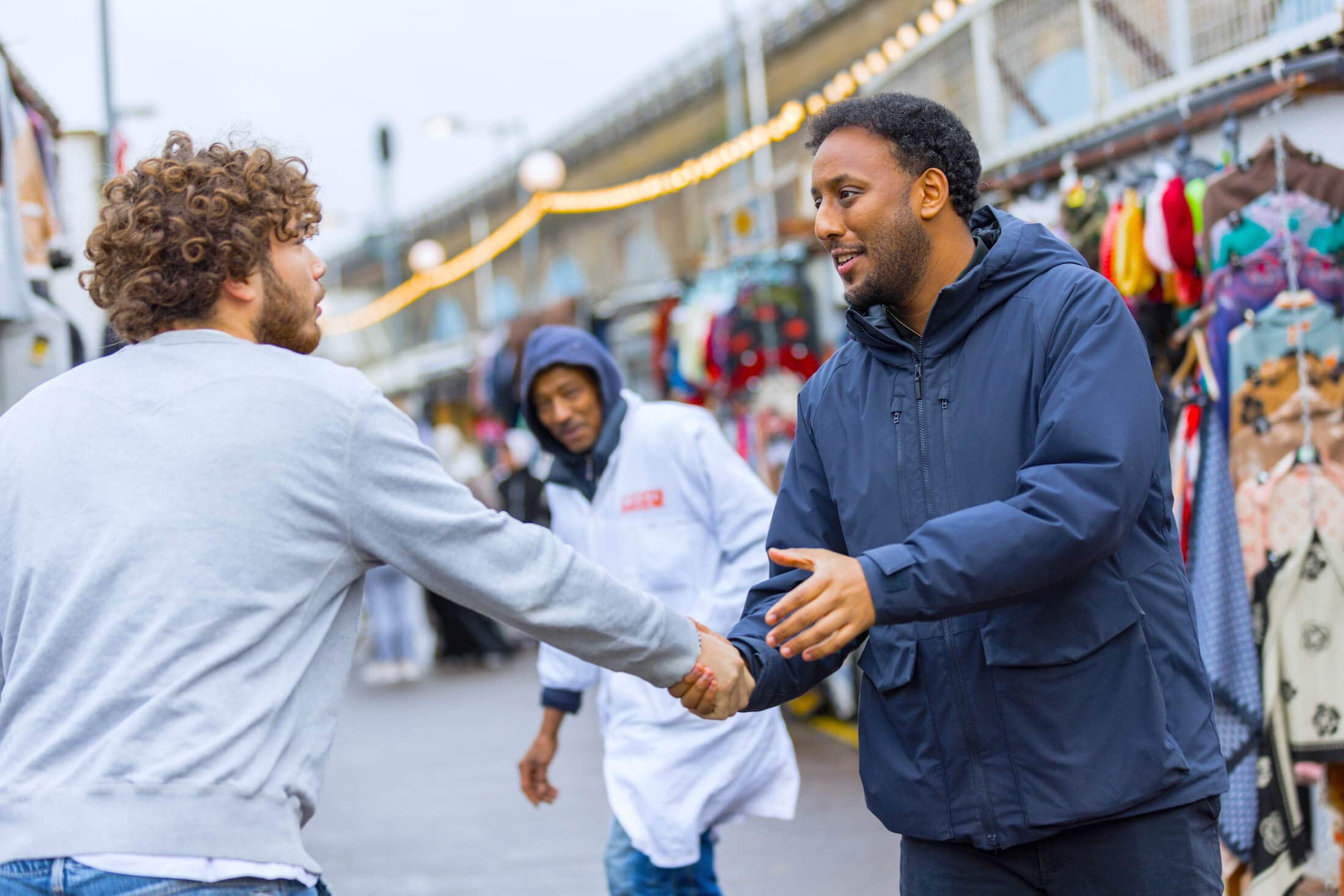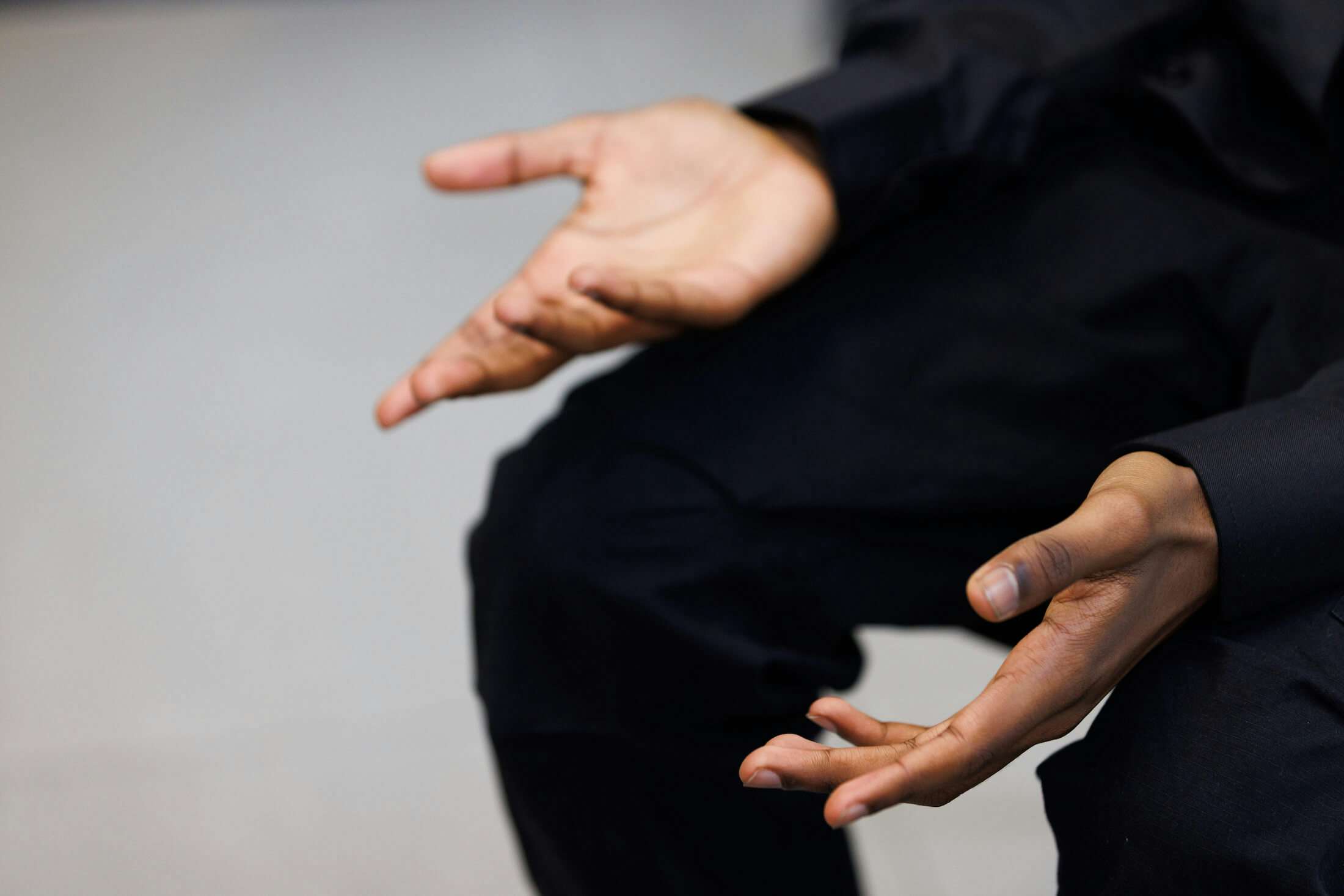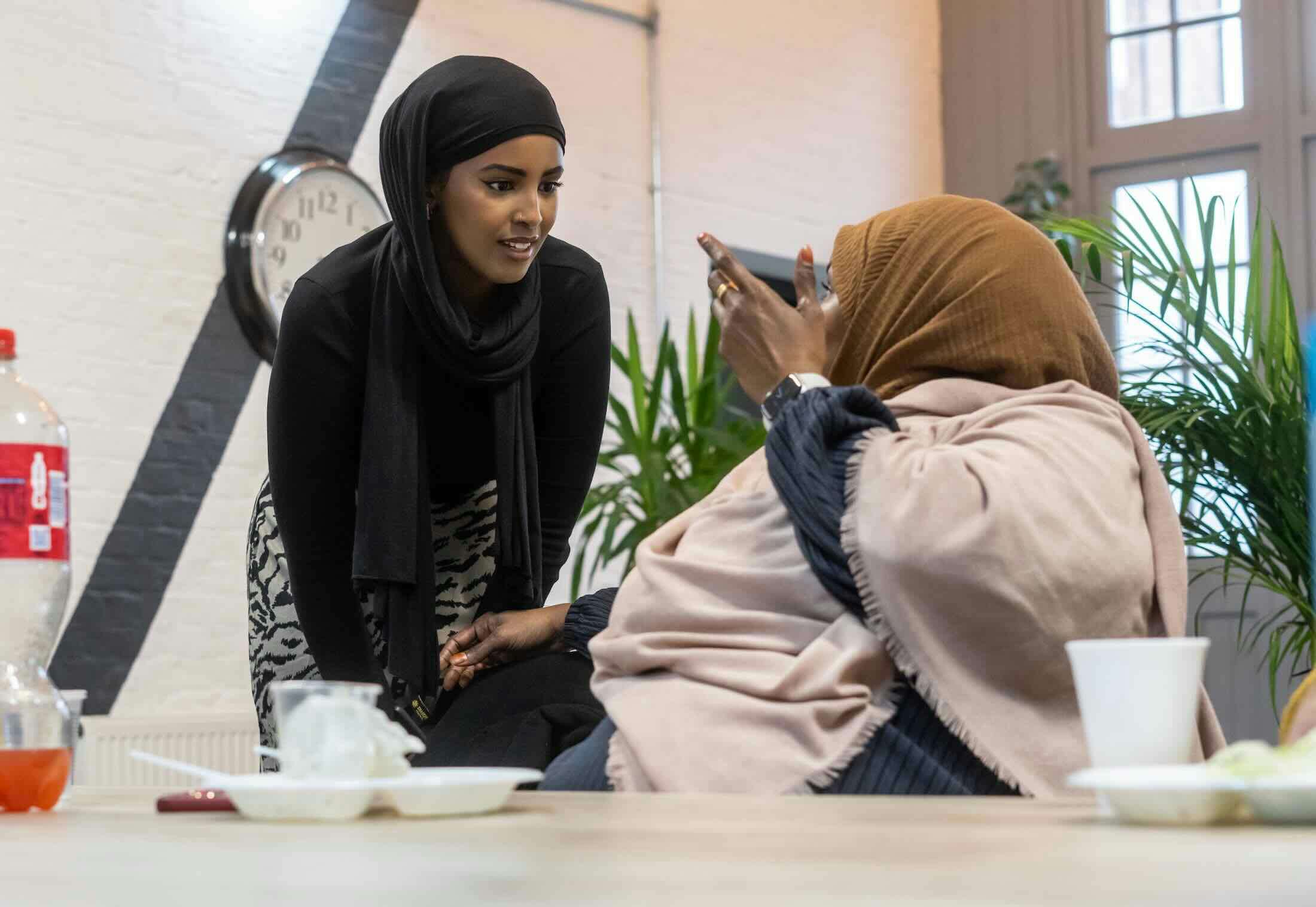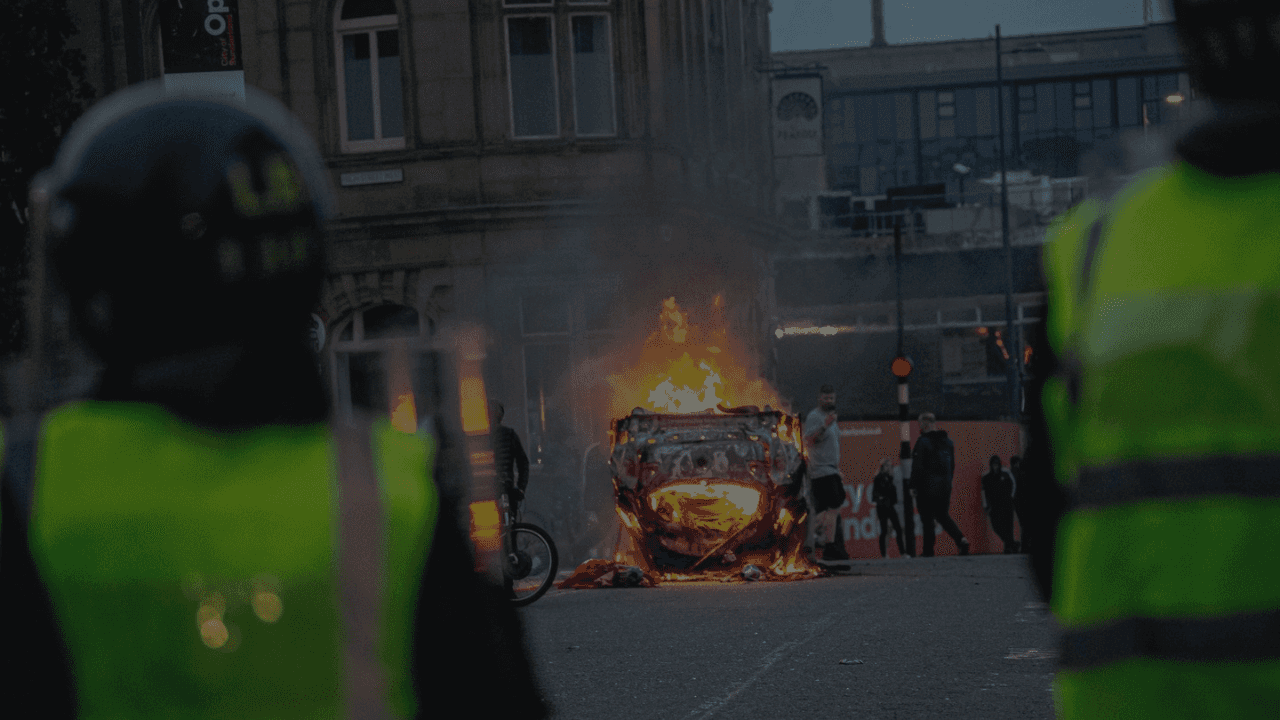
The Psychological Toll of Riots on Ethnic Communities
August 29th, 2024
The Psychological Toll of Riots on Ethnic Communities
After the tragic loss of three young girls in Stockport on the 29th July 2024, the UK has experienced a wave of unrest. Communities, particularly Muslim and ethnic minorities, are deeply affected by the chaos caused by false online rumours suggesting an Islamist migrant was involved in the knife attack. In response, the Labour government quickly launched a crackdown, leading to numerous arrests. As the situation unfolds, many of those involved in the riots now face the prospect of jail time, highlighting the intense aftermath of this heartbreaking event.
Of course, this has prompted many businesses across the country to act swiftly, introducing measures to ensure the safety and well-being of ethnic minorities. In order to see what policies can be helpful, it's essential we take a look at the psychological toll riots can have on affected ethnic communities.
When the Brain Prioritises Hypervigilance for Survival
Amidst social unrest, like riots, ethnic communities often face increased stress and anxiety that can heavily affect their mental health. Imagine your brain on high alert, scanning for threats that's what happens in these tense environments. This survival mode, driven by the amygdala, gears you up for swift reactions to danger, triggering a cascade of physiological changes.
During these episodes, your body unleashes stress hormones like cortisol and adrenaline, sharpening your senses and racing your heart. While these quick responses can be lifesavers during immediate threats, staying in this heightened state for too long can lead to chronic stress and mental health challenges, such as anxiety and PTSD.
Hypervigilance can show up in our behaviour, keeping us on edge and alert to threats like aggressive confrontations or unrest. This constant state of readiness is mentally draining and can strain personal relationships, professional life, and community bonds. For ethnic communities navigating the aftermath of riots, it's crucial to understand the psychological toll rooted in hypervigilance.
Lack of Belonging: Feeling Rejected, Devalued and Dehumanised
The psychological impact of riots reaches far beyond the immediate physical damage. It often stirs deep feelings of rejection and devaluation within ethnic communities. When violence erupts, it can provoke a profound sense of alienation, leaving individuals feeling sidelined both in their communities and in society as a whole. This sense of not belonging often arises from how ethnic groups are portrayed or misrepresented in media narratives during riots, frequently as monolithic or inherently violent. Such depictions only worsen feelings of dehumanisation, reducing individuals to stereotypes instead of recognising them as unique contributors to society.
The aftermath of riots can unintentionally deepen internalised stigma within communities, making members feel like constant targets. Victims may struggle with shame or guilt, believing their identity plays a role in societal unrest. This devaluation can hurt self-esteem, leading to mental health challenges like anxiety and depression. As trust in community and government falters, social cohesion can also fracture, leaving valued people feeling isolated and disconnected from supportive networks. In such environments, the sense of isolation and worthlessness may grow, highlighting the urgent need for rebuilding trust and encouraging resilience. In this regard, creating inclusive dialogues where our diverse voices are genuinely heard can spark a deeper sense of belonging and supercharge the healing and recovery journey.
Where to Get Support if You Feel Impacted by the Riots
If the recent riots have left you feeling shaken, reaching out for support can be that crucial first step in regaining your footing. Why not start with your local community centres or organisations that specialise in mental health support? These places can offer you free counselling, workshops, and support groups perfectly tailored for those navigating distress from the riots. In the UK, fantastic mental health charities like Hope Not Hate UK and Samaritans provide invaluable support. They give you access helplines with trained professionals who truly get the emotional rollercoaster that civil unrest can bring. These organisations excel in offering guidance on community trauma, helping individuals process their experiences in a safe, nurturing environment.
Don't underestimate the power of online resources. The National Health Service (NHS) is a treasure trove of coping strategies and can connect you to local services. Plus, mental health apps focused on mindfulness and stress management are superb for self-care during challenging times. Looking for solidarity? Dive into social media groups or community forums for peer support. Connecting with others who share similar experiences can create a nurturing atmosphere of understanding and recovery.
Even at work, don't hesitate to speak with a trusted manager or HR. They might open doors to Employee Assistance Programmes (EAP) that offer professional mental health services at no cost. Reaching out for help is a sign of strength and a vital step on your healing journey.
Active Anti-Racism Work, Solidarity, Compassion & Education
Active anti-racism work is vital for uplifting ethnic communities, especially during times of unrest. It's about more than just standing against racist views it's a commitment to breaking down systemic inequalities and nurturing true solidarity among diverse groups. This solidarity thrives on compassion, as truly understanding the experiences of those facing discrimination is key to building strong, supportive networks.
Education is the cornerstone of impactful anti-racism efforts. By shining a light on historical injustices and current challenges faced by ethnic communities, we can nurture empathy and a dedicated drive for change. A stepping stone is taking part in workshops that encourage lively discussions and curricula that embrace diverse cultures, promoting critical thinking and mutual respect. Communities can rally together through dialogue, building allyship to amplify every voice and validate every experience.
Additionally, creating an environment filled with compassion can help heal the psychological scars left by racial violence and tension. This includes opening safe spaces where genuine conversations about race, trauma, and recovery flourish, allowing people to process their emotions and experiences collectively. By engaging in restorative justice practices, we can strengthen community bonds, encouraging healing through shared responsibility and collaborative solutions. treatment is being forced on them from the outside.
In a nutshell, active anti-racism fuelled by solidarity, compassion, and education is key to strengthening ethnic communities. By backing these efforts, we not only promote healing but also empower those affected to help shape a more inclusive and equitable society.
